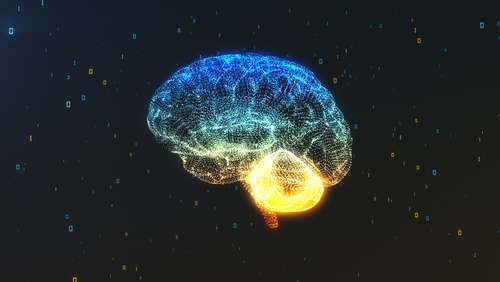Several studies have indicated that higher intelligence is linked to addiction. It could be that intelligent people are more curious, less constrained by social norms, more prone to social anxiety and isolation, more prone to worry or relive bad memories, or more likely to feel bored or dissatisfied. Whatever the reason, there is more bad news: more intelligent people are also more resistant to treatment. There are several reasons this may be true.
They are less likely to admit they have a problem.
Rationalisation is a powerful defence mechanism. The more intelligent you are, the more ably you can convince yourself and others that you don’t have a problem. This is completely post hoc, of course. You don’t want there to be a problem, so you you marshall all the reasons you don’t have a problem.
People in general are less likely to listen to others they think aren’t as clever. If someone tells you you have a problem with addiction and you tell him why you don’t, he may not be able to counter your argument despite being obviously correct. Another feature of intelligent people is that they discount arguments that don’t strike them as intellectually sophisticated. Unfortunately, in this case, sophisticated arguments are typically used to justify addiction.
What’s more, if someone is especially clever, she can get along pretty well despite her addiction. Professionals, especially doctors and lawyers struggle with addiction at higher rates than the general population, but clever, ambitious people are also good at hiding their problems. If someone does call them out, they may say, ‘I made partner last year and I just bought a new Jaguar; I think I’m doing fine’.
They are more likely to suffer from hubris.
Intelligent people have this idea that since they can see more of the terrain, they can avoid all the traps. This feeling of knowing what’s going on can lead them to take careless risks. Being aware of a danger, intellectually, does not necessarily mean you can avoid the danger when you come to it. Emotional intelligence comprises a set of skills mostly distinct from intellectual intelligence.
Treatment is more challenging.
If you can accept that you have a problem that you can’t think your way out of, treatment still holds more challenges for intelligent people. Intelligent people often live in their heads and mostly function on the level of ideas and concepts, but therapy often requires confronting emotions, often bad emotions. No one likes bad emotions, but facing them is even harder when it feels like you’re doing battle on foreign terrain. Intelligent people can be clever about avoiding emotional vulnerability. This extends to 12-step meetings as well. Not only is it hard to open up to a group, but intelligent people often dislike the conformity of 12-step programmes and they especially dislike subordinating themselves to a higher power.
All of these problems can be overcome, but it takes humility and courage. Intelligence alone is not enough.
Castle Craig Hospital is a landmark of addiction and mental health treatment in Scotland, serving the UK, the EU, and patients from all over the world. Our commitment to long term abstinence has created a successful programme of clinical and complementary therapies for mind, body, and spirit. Serving over 10,000 patients for more than 25 years, the Castle Craig model is proven in changing lives. Call our 24 hour free confidential phone-line for information: 01721 546 263. From outside the UK please call: +44 808 271 7500



